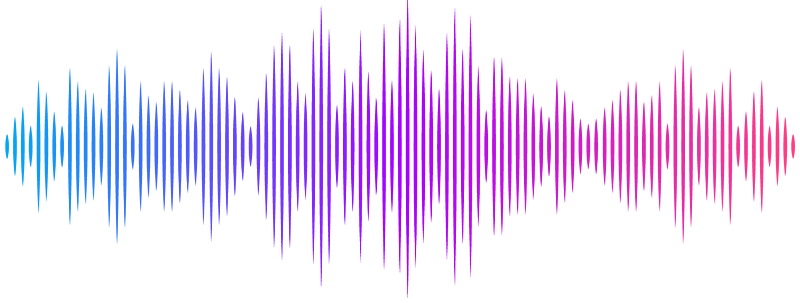Newly obtained genome of fungi-related amoeba is enriched with genes shared with animals-related protists

Newly obtained genome of fungi-related amoeba is enriched with genes shared with animals-related protists
Pozdnyakov, I.; Potapenko, E. V.; Kalashnikova, V. M.; Barzasekova, C. O.; Zlatogursky, V. V.; Sukhanova, K. M.; Babenko, V. V.; Boldyreva, D. I.
AbstractNuclearariids are a group of Opisthokonta, forming the deepest branch in Holomycota - one of the two major Opisthokonta clades, containing Fungi as a crawn group. They are the only members of Holomycota retaining the filose amoeboid state ancestral for Opisthokonta. The newly assembled genome of Nuclearia thermophila (Holomycota, Rotosphaerida) had a total length of 49 Mb, 15 321 protein-coding genes and a GC percentage of 44%. This is the first sequenced genome for this genus and the the third for Rotosphaerida as a whole. It was shown that N. thermophila shares more protein domains with Holozoa, than with the rest of Holomycota. Protein domains that were presumably acquired or lost by the common ancestors of the Holomycota and Holozoa groups were identified. The Holomycota ancestor had probably more gains and losses of protein domains compared to the Holozoa ancestor, which is particularly true for metabolism-related domains. However, this trend should be confirmed by studying the genomes of free-living organisms of the Teretosporea group.